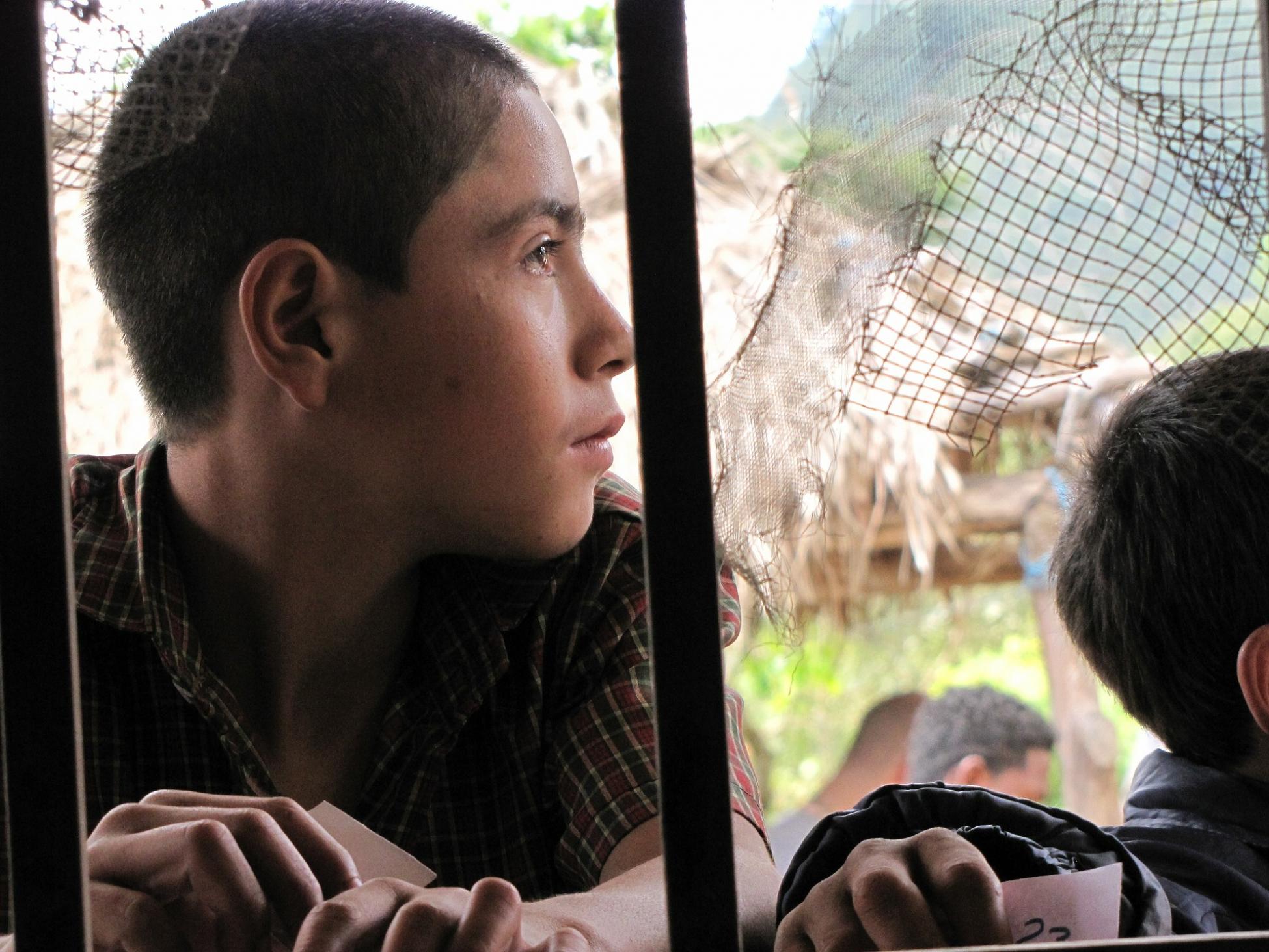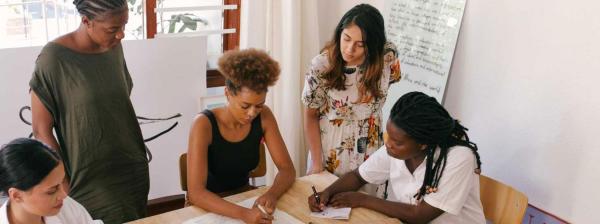Having been raised in an extremely privileged Canadian lifestyle, I have grown accustomed to having space and opportunities to present my thoughts and my worldview freely and often. It goes without saying that I grew up talking far too much.
Now, every day I encounter men and women of the Maya Chorti communities who continue to endure injustice and abuse with no space or opportunity to communicate their suffering. To many of the campesinos (farmers) of the indigenous Maya-Chorti nation, the world just seems to ignore their conditions.
When working with individuals and groups of people who have experienced trauma and oppression, the value of being a good listener is essential. Besides a chance for justice, what many people—especially those who have experienced violations and abuse—desire more than almost anything else is to be heard and have their truth acknowledged. We need one another to to reaffirm our pains, our joys and our sorrows—and if we do not take time to deeply listen to one another, we are left incomplete.
That's why I find that most of my activities involve creating space for community members to speaks their truth. Constantly interjecting my worldview into the conversation is counter-productive. Instead, it's about learning to be in solidarity with their struggles against a history of systematic oppression and discrimination. To truly listen and learn, we must be able to empathize with the experiences faced by members of indigenous communities on a daily basis.
Listening deeply
There is also a deeper aspect of truly listening, one that is truly interpersonal and intimate. The more I make progress in my role as a human rights advocate, the more I realize that it's not necessarily about meeting deadlines or realizing project goals. Among many indigenous nations, it is not the lack of material goods or development projects that is hindering progress—it is the centuries of trauma, abuse, discrimination that goes on unacknowledged, unheard and unattended.
It is rare to come across opportunities to be truly and attentively listened to with compassion.
This cascade of collective trauma has adversely affected our human connection. We suffer from collective traumas that have roots in a long history of violence brought upon one another due to ignorance, greed and a chronic lack of listening to ourselves and to “others”.
While it is easy to become obsessed with project deadlines and objectives that are arbitrarily placed upon us, we often forget that what is sometimes needed is to take time to truly take time to listen. This in itself is a profound act of transformation, because by listening we can begin to empathize with our fellow human beings and start the healing process both within ourselves and our communities.
Your inner voice
For me, learning to truly listen also involves travelling inwardly to find your inner voice. As a human rights advocate, I sometimes find myself in isolate rural communities, which means I have a lot time to myself away from the hustles of the modern world. I greatly relish this solitude because it allows me to internalize all that I've learned through my experiences working with indigenous nations. It gives me a chance to listen to myself, my thoughts, my inclinations and reflections. This time for self-reflection can often be your best guide to navigate feelings of isolation and anxieties of the unknown.
It is rare to come across opportunities to be truly and attentively listened to with compassion. Little by little I am learning that by being too talkative, we run the risk of not hearing that deep inner voice that calls us back to a place of silent interconnectivity with all living beings. This profound interconnectivity is the foundation of positive relations among all being and is a central philosophy among many indigenous people's cultures.
I started my work in Honduras with the intention of giving something back. But as I mature in my position, I know that the wisdom and knowledge the communities continue to share with me far surpasses what I have to offer. Silencing my mind and learning to truly listen is one of those timeless skills that I will continue to hone as I walk my path.
Add this article to your reading list




